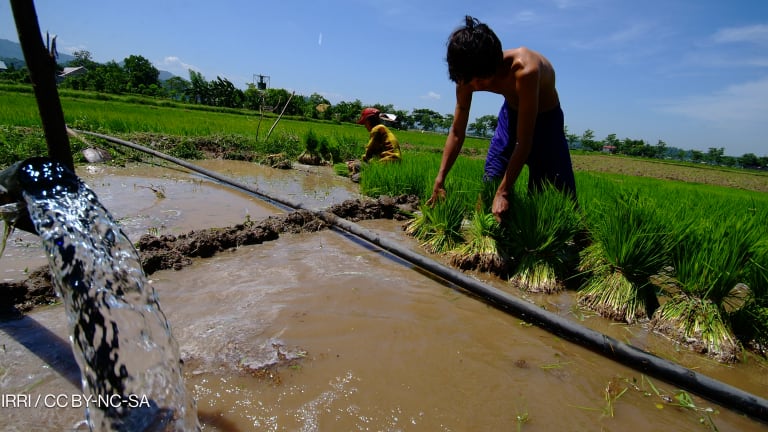Climate change is now a core focus of global development, and the demand for experts to help take action to combat it continues to grow. But there are several misconceptions about engaging in climate work, from the skills involved to the sectors it touches.
Devex spoke with several climate experts to debunk four common myths.
Myth 1: You have to be a hard scientist to work on climate change.
Printing articles to share with others is a breach of our terms and conditions and copyright policy. Please use the sharing options on the left side of the article. Devex Pro members may share up to 10 articles per month using the Pro share tool ( ).
This article was last updated on 23 November 2023








